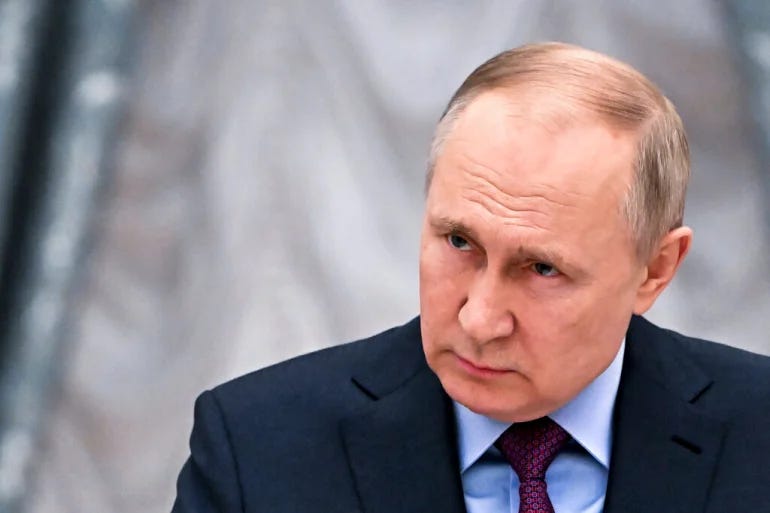With the invasion of Ukraine by Russia now a bleak reality, all eyes are upon the European Union and the United States to see how broad and punishing the economic sanctions for this attack will be. Already, financial sanctions have been levied against key Russian financial institutions and certain of the oligarchs close to Putin. Those sanctions are almost certainly going to be expanded to include freezing Russian assets, halting its banks’ access to financial markets, and targeting interests held by key Kremlin insiders.
“With this package, we will target strategic sectors of the Russian economy by blocking their access to technologies and markets that are key to Russia,” said European Commission President Ursula von der Leyen. “We will weaken Russia’s economic base and its capacity to modernize.”
British Prime Minister Boris Johnson used similarly strong language in his condemnation, saying Russia had “unleashed war in our European continent” with a “hideous and barbaric venture” in Ukraine and promising a “massive” package of sanctions that would give Putin’s regime “pariah status.”
But there is also legitimate doubt over whether economic pressure, especially if limited to the financial system, will suffice to get Russia to end the war it has just begun. After all, they were insufficient as a threat to deter Russia from beginning the war in the first place.
Economic sanctions might prove effective at containing smaller powers like North Korea or Iran (though even in those cases, they have not deterred them from their nuclear ambitions). But Russia is the 12th largest world economy and is a major exporter of fossil fuels and wheat. That means any efforts to stop the flow of energy or food out of Russia will also severely impact its trading partners, which already are facing historically high inflation and economic dislocation from the ongoing pandemic. Russia seems to understand that the likelihood of a total embargo of its petroleum products is extremely low, and it has assured Europe that the natural gas will continue to flow through its pipelines to its customers.
Moreover, in the past few years it has made overtures to China, the world’s second largest economy, to increase trade across the border, and China recently agreed to resume purchases of Russian wheat. China is among the few countries that have failed to outright condemn the attack upon Ukraine and is hedging its words carefully, even blaming the West for provoking Russia.
Vladimir Putin ultimately may not care if his own country suffers severe economic consequences and a downturn due to its military adventurism and illegal attack upon a sovereign nation. The ruble has collapsed this morning along with Russian stocks leading to the wiping out of billions in valuation and a halt of trading this morning. But none of that likely will matter to the Russian dictator. And he knows that one of the most severe financial sanctions—being locked out of the SWIFT system for international bank payments—is unlikely to occur, given that Russia owes $30 billion to European lenders who want to continue to see their loans repaid.
U.S. officials seem to recognize the limits of what pain can be inflicted on the Russian economy and are instead hoping to make things personally very painful for Putin and his close allies, whose financial woes might be the only way to penetrate the inner circle’s thinking. White House Press Secretary Jen Psaki underscored that point earlier this week, noting that if Russian elites tried to use their bank cards for transactions, they would find they “wouldn’t have been working.”
The hope is that while Putin might care very much about whether a desperately poor country like Ukraine remains within the ambit of Russia, his close allies care far more about their wealth, lifestyles, travel privileges and investments. And the sad fact is, only they have his ear and the power to change things inside the Kremlin.





Remember that the collapse of the Soviet Union was caused by the collapse of the price of oil. It is possible that increased trade with China may offset the economic losses imposed by western sanctions, but Russia’s enlarged military expenditure is very expensive.
Consider the possibility that Putin believes he can hold out for two years, after which time he expects the Republicans to control the US government and that NATO will be unsupported again.
Sanctions have many functions; they can degrade.or disrupt the functionslity of many 21st Century systems kinetic or digital; Sanctions can also be punitive. Democracies must re-organize to address global realties.